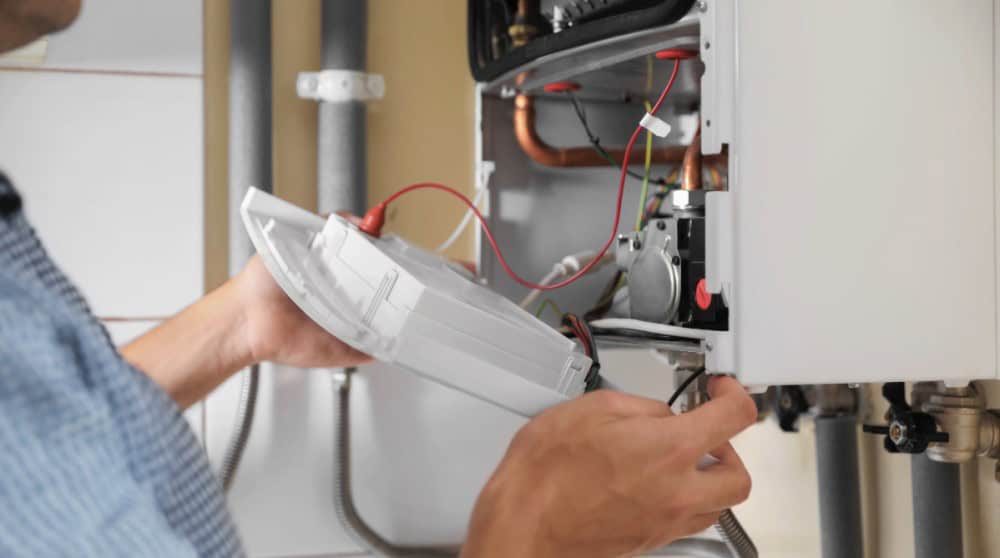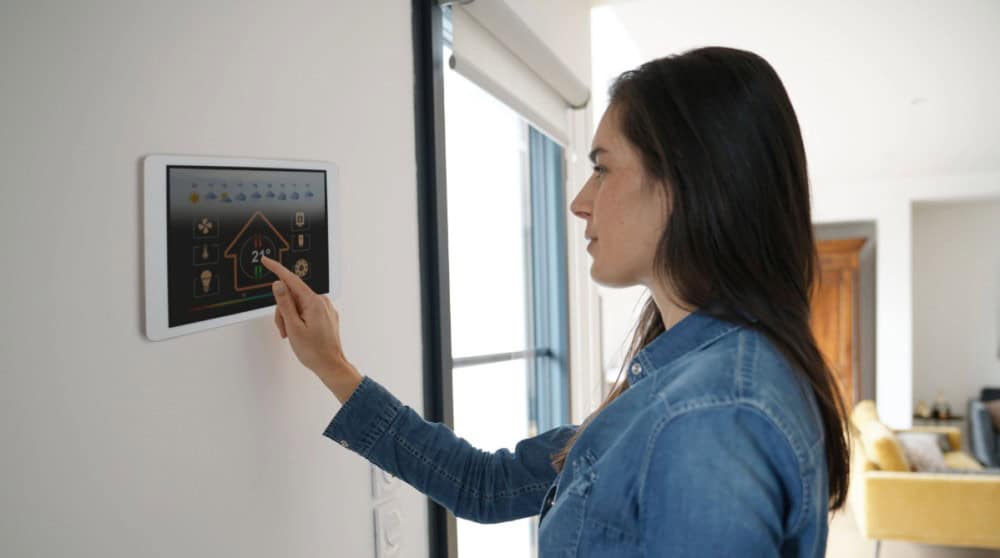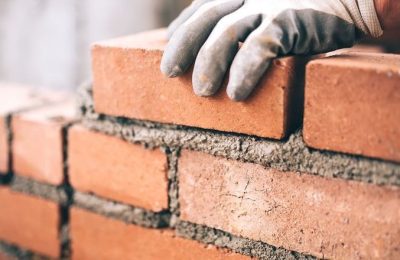Chances are, if you’re a tenant in a privately rented home in Scotland, your home is heated by a gas heating system. Knowing how your boiler works and what to do in an emergency is essential in keeping warm and safe at home, but there’s more to the world of boilers than that. Here’s nine things you (probably) didn’t know about your gas heating system.
What you really should know
- Gas boilers are more energy-efficient than ever
The climate crisis, along with the current cost of living crisis, has us all watching our energy usage. The good news is that advancements in technology mean modern gas boilers are designed to be highly energy efficient. They use less gas to produce the same amount of heat, making them an eco-friendlier option for heating your home. The bonus? They can help you save on your energy bills, too.
In addition, some gas boilers now come with smart features that allow you to control your heating remotely. This greater level of control means you can make sure your home is warm and cozy when you need it to be, but you can also turn the heating down if you’re away for longer than expected.
So, the next time you turn on your heating, remember that your gas boiler is working hard to keep you comfortable while also being kind to the environment.
- Regular maintenance is key to a healthy gas heating system
Just like any other appliance, your gas heating system requires regular maintenance to function properly. This includes annual servicing by a qualified engineer to ensure all components are working efficiently and safely.
During a service, the engineer will check for any signs of wear and tear, clean the system, and make any necessary adjustments. By keeping up with regular maintenance, you can prolong the lifespan of your gas heating system and prevent unexpected breakdowns. You’ll also know that your boiler is running as efficiently as possible, meaning you’re not paying out more than you need to on your heating and hot water bills.
So, don’t forget to schedule your annual service to keep your gas heating system in top condition.
- Gas Safety Checks Are a Legal Requirement
As a tenant in a privately rented home, your landlord is responsible for ensuring that your gas heating system is safe to use. This includes arranging an annual gas safety check by a Gas Safe registered engineer.
During the gas safety check, the engineer will inspect all gas appliances, pipework, and flues to ensure they are in good working order and not posing a risk to your health and safety. Your landlord must provide you with a copy of the gas safety certificate, so make sure to ask for it if you haven’t received one.
By staying on top of gas safety checks, you can have peace of mind knowing that your gas heating system is safe and compliant with regulations.
A brief boiler background
Now, how about a bit of boiler background? Of course, we realise that not everyone is a boiler buff like us, but you never know what will come up in the next pub quiz!
- The first gas boiler was invented in the 19th century
The first gas boiler was invented in the early 19th century by British engineer Benjamin Waddy Maughan. This revolutionary invention paved the way for modern gas heating systems and transformed the way we heat our homes.
Maughan’s design used gas from coal to heat water, creating steam that was then circulated through pipes to provide heating. This marked the beginning of the gas heating industry as we know it today.
Next time you turn on your gas boiler, remember the pioneering work of Benjamin Waddy Maughan that made it all possible.
- Gas boilers became popular in the 20th century
Gas boilers became increasingly popular during the 20th century as a reliable and efficient way to heat homes. With the discovery of natural gas reserves and advancements in technology, gas boilers became a staple in households around the world.
Gas boilers offered a more convenient and cost-effective alternative to traditional coal and wood-fired heating systems, making them a preferred choice for homeowners looking for a reliable heating solution.
Today, gas boilers continue to be a popular choice for heating homes, thanks to their efficiency and affordability.
- The introduction of condensing boilers revolutionised the industry
In the 1980s, condensing boilers were introduced to the market, revolutionising the domestic heating industry. These boilers are designed to extract heat from the flue gases that would otherwise be lost in traditional boilers, making them more energy efficient.
Condensing boilers can achieve higher efficiency ratings than non-condensing boilers, helping homeowners save on their energy bills and reduce their carbon footprint. This innovation has paved the way for more sustainable heating solutions in the industry.
Next time you upgrade your gas boiler, consider opting for a condensing model to benefit from increased efficiency and lower energy costs.
What does the future hold for your gas heating system?
While we don’t have a crystal ball, we can share some industry insight with you:
- Smart thermostats are becoming more popular
With the rise of smart home technology, smart thermostats are becoming increasingly popular in the domestic heating industry. If you don’t already have one, these devices allow homeowners to control their heating remotely using a smartphone app, providing greater flexibility and convenience.
Smart thermostats can also learn your heating preferences and adjust temperatures accordingly, helping you save on energy costs without compromising on comfort. With more households embracing smart technology, the future of domestic heating is looking smarter than ever.
Consider upgrading to a smart thermostat to take control of your heating and make your home more energy efficient.
- Renewable energy sources are gaining traction
As the world shifts towards more sustainable energy solutions, renewable energy sources are gaining traction in the domestic heating industry. Technologies such as solar thermal panels, heat pumps, and biomass boilers are becoming popular choices for homeowners looking to reduce their carbon footprint.
By harnessing the power of renewable energy sources, homeowners can not only lower their energy bills but also contribute to a greener and more sustainable future. The integration of renewable energy sources is set to play a significant role in shaping the future of domestic heating.
Explore renewable energy options for your home to join the movement towards a more sustainable heating solution.
- Hydrogen boilers could be the future of heating
With a growing focus on decarbonisation, hydrogen boilers are emerging as a potential future alternative to traditional gas boilers. Hydrogen is a clean and renewable energy source that produces zero carbon emissions when burned, making it an attractive option for heating homes.
The development of hydrogen boilers is still in its early stages, but ongoing research and pilot projects are showing promising results. If successful, hydrogen boilers could revolutionise the way we heat our homes and help achieve net-zero carbon emissions in the heating sector.
Keep an eye on the development of hydrogen boilers as they could be the next big thing in the domestic heating industry.
Questions?
If you’re unsure of anything gas-related in your rental property, then chat to your landlord or property manager as soon as you can. You can also contact your local Gas Safe registered engineers for information and advice.












